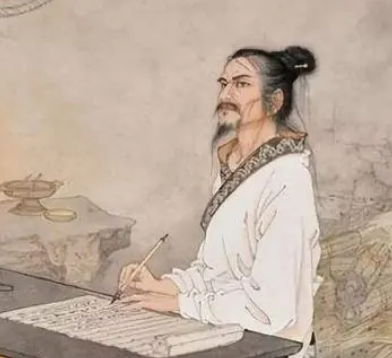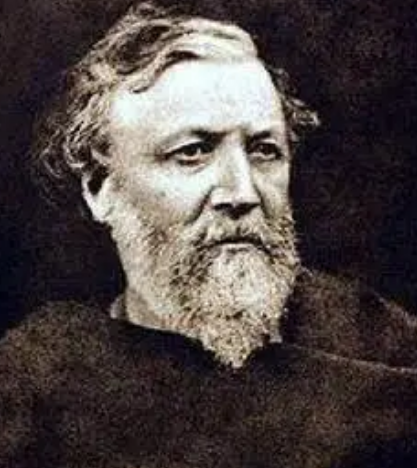In ancient China, Confucius, as a representative of Confucianism, had a profound impact on later generations through his words and actions. Among his numerous disciples, Zigong was renowned for his intelligence, wisdom, and benevolent qualities. However, a story about Zigong saving someone but being criticized by Confucius has sparked profound reflections on traditional moral concepts. This article will explore this event and the moral philosophy behind it. Firstly, let's understand the background of the story. According to "The Analects of Confucius," Zigong encountered a native of Lu being sold as a slave during a journey and redeemed him with his own money, setting him free. Logically, such an act should be praised, but Confucius criticized Zigong. Why did Confucius criticize Zigong?

1. Consideration of Etiquette: Confucius believed that although Zigong's action was well-intentioned, it violated the etiquette norms of the time. In ancient times, redeeming slaves required following certain procedures and etiquette, which Zigong failed to adhere to, thus being deemed inappropriate by Confucius.
2. Political Impact: Confucius might have feared that Zigong's action would provoke dissatisfaction from other vassal states, perceiving Lu's interference in their internal affairs, thereby affecting Lu's relations with other vassal states.
3. Moral Education: As an educator, Confucius hoped that his disciples would adhere to morality and etiquette, performing good deeds through correct methods. While Zigong's act was essentially a benevolent gesture, its inappropriate manner might be perceived as neglecting moral education.
4. Personal Character: Confucius emphasized the cultivation of personal character, believing that Zigong's act, though seemingly benevolent, might conceal a desire for fame. True benevolent acts should be selfless, not seeking rewards, whereas Zigong's behavior might have contained an element of showiness.
In summary, the event of Zigong saving someone but being criticized by Confucius reflects Confucius' complex understanding of moral behavior. In Confucius' view, benevolent acts should not only possess good intentions but also conform to etiquette, consider consequences, and stem from genuine virtue. This event reminds us that in performing good deeds, we should balance emotions and reason, motives and effects, personal behavior and social norms, to achieve true moral value. Through analyzing this story, we can gain a deeper understanding of the moral philosophy in Confucianism and Confucius' strict requirements for his disciples.
Disclaimer: The above content is sourced from the internet and the copyright belongs to the original author. If there is any infringement of your original copyright, please inform us and we will delete the relevant content as soon as possible.
































